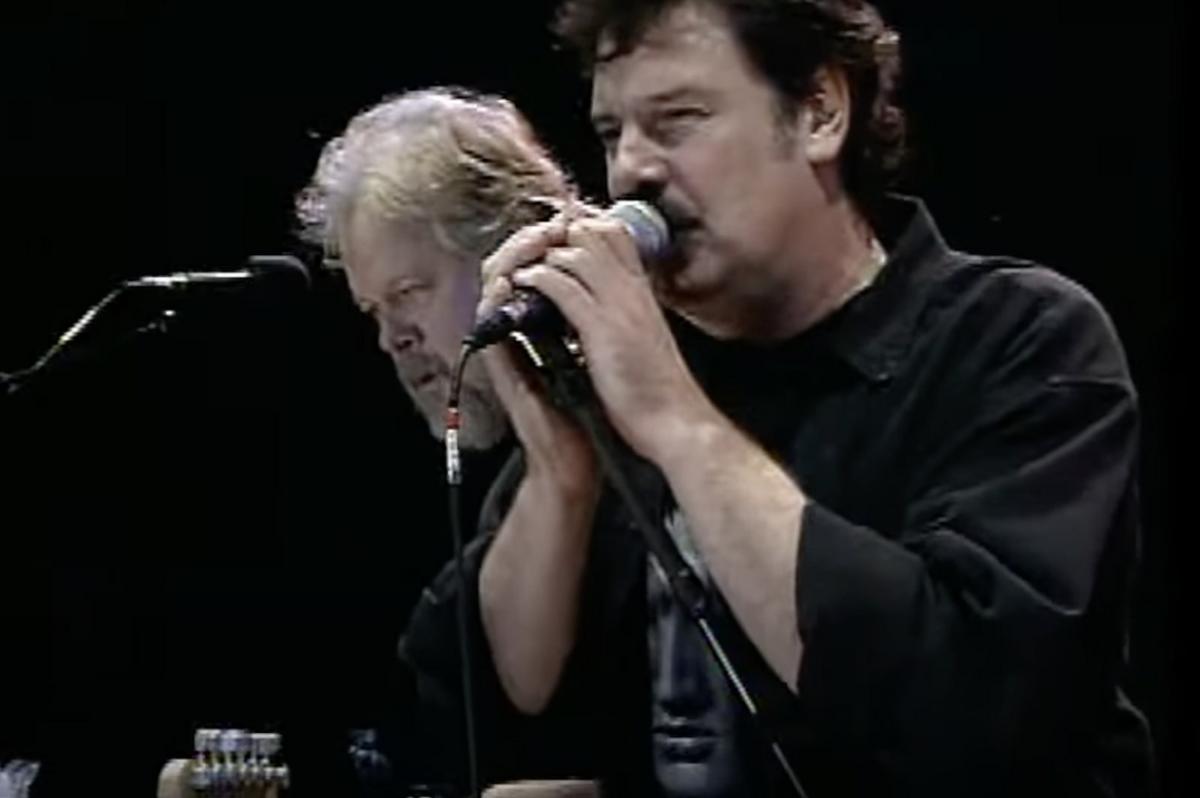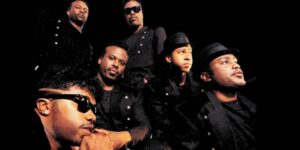The Guess Who’s 50-Year-Old Bitter Dispute Comes to an End
The long-standing feud between classic Guess Who members Burton Cummings and Randy Bachman, and original members Jim Kale and Garry Peterson, has finally been settled. The dispute, which dates back to the band’s origins in the 1960s, has seen various lawsuits and court battles over the years. The band’s legacy, trademark rights, and the ability to perform their iconic hits like "American Woman" and "No Time" were all at stake.
The Early Years
In the late 1960s, Burton Cummings joined Randy Bachman’s Winnipeg-based band, Chad Allan and the Expressions, which would eventually become known as The Guess Who. The band gained immense popularity with their unique blend of rock, pop, and folk music, releasing iconic hits like "American Woman" and "No Time." As the band’s popularity grew, internal tensions and creative differences began to surface.
The Schism
In the 1970s, tensions between Cummings and Bachman came to a head, leading to Bachman’s departure from the band. Kale and Peterson continued touring as The Guess Who, even after Cummings had already left the group. Despite the absence of the founding members, the band remained popular, releasing several more albums and touring extensively. However, fans were unaware that the lineup was not the original, which eventually led to a rift in the band’s history and legacy.
The Legal Battle
In October 2023, Bachman and Cummings filed a lawsuit against Kale and Peterson, claiming that they were engaged in false advertising and misleading the public by using the band’s name and performing their hits. Cummings and Bachman described the modern touring act as a "cover band" and claimed that Kale and Peterson had been profiting from the Guess Who’s legacy without proper authorization.
Cummings’ Decision
Cummings took drastic measures by terminating the performing rights for The Guess Who’s hits, effectively cutting off royalty payments from concerts, TV, and radio plays. The move was unprecedented and caused a significant stir in the music industry. Cummings believes that his actions were necessary to protect the band’s legacy and prevent the group from being tarnished by impostors.
Settlement and Legacy
The lengthy mediation process has now resulted in a settlement, with Kale and Peterson granting shared trademark rights to Bachman and Cummings. This means that any group performing under the name "The Guess Who" must feature the lead singer who wrote the songs and the guitarist who made the riffs – Bachman and Cummings.
What’s Next?
The settlement may mark the end of Kale and Peterson’s Guess Who tours, but it also raises questions about the fate of the current group and their fans. The group’s official social media channels have been scrubbed clean, and their most recent album, Plein D’Amour, is expected to be removed from the Guess Who’s official discography. Cummings and Bachman, on the other hand, are already planning new musical projects.
Conclusion
The Guess Who’s legacy has been marked by conflict and controversy, but this settlement brings an end to a long and bitter feud. Bachman and Cummings have fought to preserve the band’s history and heritage, and their efforts will ensure that the true legacy of The Guess Who will be protected for generations to come.
FAQs
Q: Who owns the Guess Who trademark?
A: Initially, Kale secured the trademark in 1986. However, the band never filed for a trademark during their heyday in the 1960s.
Q: Why did Cummings terminate the performing rights for the Guess Who’s hits?
A: Cummings believes that terminating the performing rights was necessary to protect the band’s legacy and prevent impostors from profiting from their iconic songs.
Q: What will happen to the current Guess Who group and their fans?
A: The settlement raises questions about the fate of the current group and their fans. It is unclear if the group will continue under a new name or dissolve altogether.
Q: Will Bachman and Cummings tour again?
A: Both Bachman and Cummings are open to performing again, but their priorities lie in preserving the band’s legacy and protecting its history.






